
“A series of articles on the ‘Fundamental Theories of Traditional Chinese Medicine’ aims to help everyone better learn TCM, breaking the cycle of ‘seeking only formulas without learning medicine.’ We will unveil the mysteries of TCM with lively and interesting texts and phenomena, opening the door to a new world, while also allowing you to understand TCM ‘both in its essence and its reasons.’
Did you know? In fact, ‘laziness’ is also a kind of illness, and many people are unaware that they have this condition. Modern people are quite exhausted; adults work during the day and often overtime at night; students are similarly burdened, with schedules from 6 AM to 10 PM. If I were to return to my childhood, I might not be able to endure it.
However, these cannot be excuses for ‘laziness.’ The ‘laziness’ I refer to is not merely sleeping in on weekends, but rather collapsing on the sofa after work, or even hoping that the delivery person brings food directly to your mouth; there’s also the phenomenon of ‘intermittent ambition,’ where one feels capable for a time, but upon starting, feels tired and weak; this ‘laziness’ is characterized by a lack of interest in anything. When asked what they want to do or eat, they respond with ‘anything is fine,’ but when it comes time to do it, there’s no enthusiasm.
Many might wonder how I know all this about you. Well, it’s not hard to guess; these symptoms are related to your Qi deficiency.
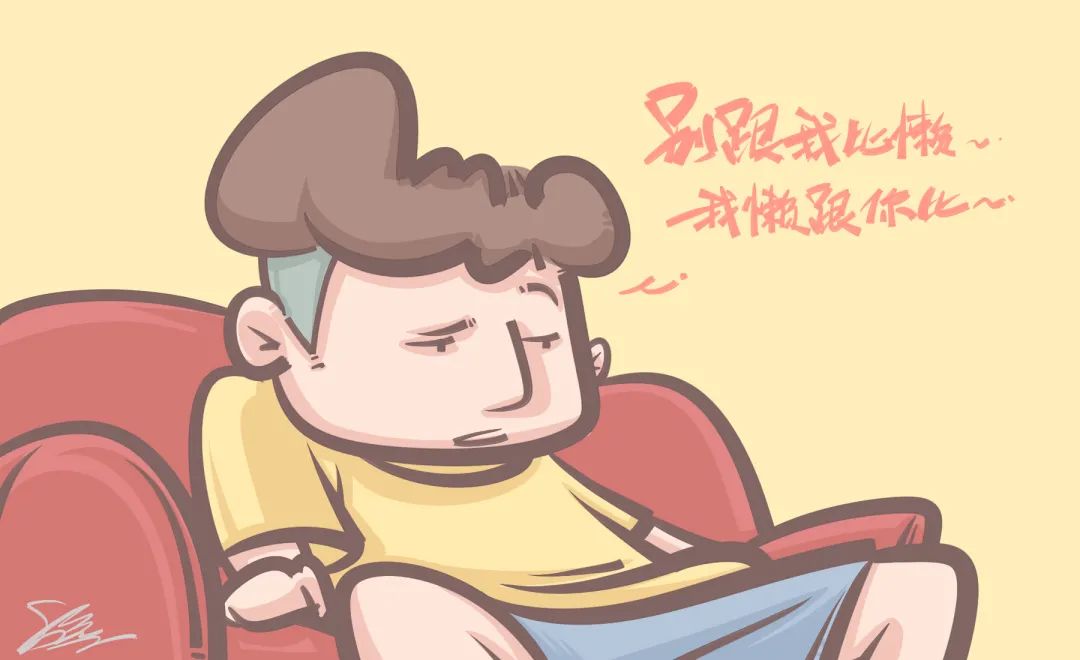
◎ Hand-drawn by an eight-year-old
Is this also Qi deficiency? Indeed, we usually think that only those who are delicate like ‘Lin Daiyu’ are Qi deficient, while we merely consider ourselves lazy. However, the scope of Qi deficiency is quite broad. So, the question arises: do you know what Qi deficiency really is?
01
Everything that wants to move requires energy support. For example, a car speeds because gasoline burns to produce energy; a computer operates because electrical current transforms energy. Our bodies contain many types of ‘Qi,’ which are the energy of life and the foundation of our activities. Qi exists in every corner of the body, driving bodily functions, thus we have Zong Qi (Ancestral Qi), Zhong Qi (Central Qi), Yuan Qi (Original Qi), Shen Qi (Kidney Qi), Pi Qi (Spleen Qi), Fei Qi (Lung Qi), Gan Qi (Liver Qi), Xin Qi (Heart Qi), Wei Qi (Defensive Qi), etc. distributed throughout the body, playing roles in promoting, warming, defending, securing, and transforming.
Qi deficiency refers to insufficient Zheng Qi (Upright Qi) in the body. Specifically, it refers to a series of pathological changes and syndromes caused by insufficient Yuan Qi. Yuan Qi is the most fundamental substance in the body, formed by the essence of the kidneys, the Qi absorbed and transformed by the spleen and stomach from food, and the clear Qi inhaled by the lungs.
Therefore, once Qi is deficient, the functions of promoting, warming, defending, securing, and transforming Qi will all decline, leading to reduced bodily functions, decreased resistance to disease, and other issues.
02
For example, if Zhong Qi is insufficient, one cannot focus on the throat, resulting in a weak voice and breathlessness after speaking a few words; if Pi Qi is insufficient, the muscles throughout the body become weak; if Xin Qi is insufficient, the heartbeat loses its rhythm, and one may occasionally feel palpitations; if Wei Qi is insufficient, it’s as if the city walls have fallen, allowing pathogens to invade, leading to frequent colds.
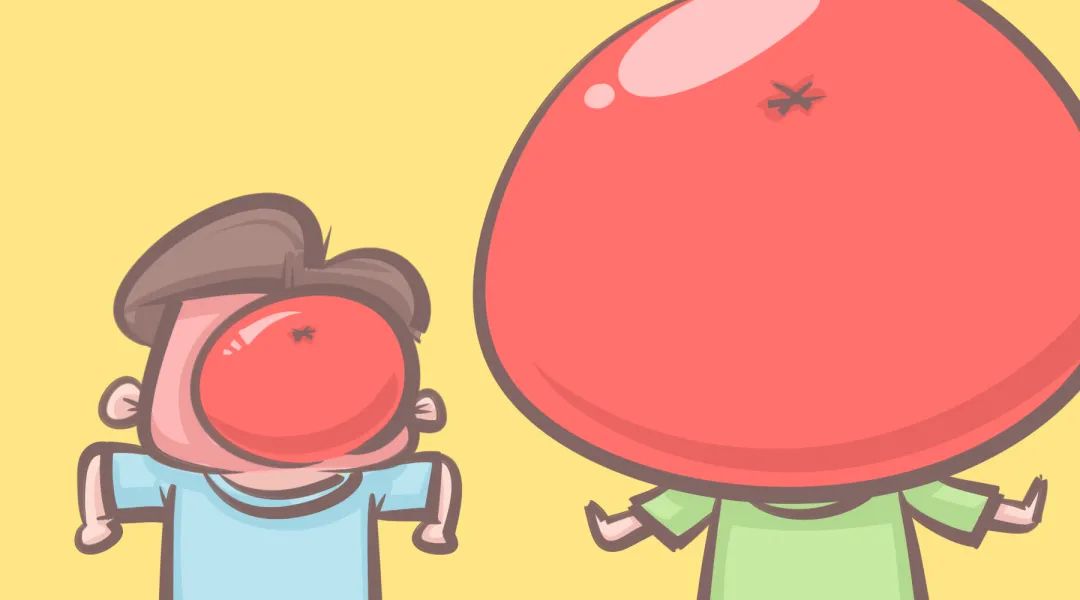
◎ Hand-drawn by an eight-year-old
01
Shiquan Yuzhen Decoction
So, what medicine should we use? Here, I recommend trying Shiquan Yuzhen Decoction, a formula by Zhang Xichun. Its composition includes Dang Shen (Codonopsis) 12g, Sheng Huang Qi (Astragalus) 12g, Shan Yao (Chinese Yam) 12g, Zhi Mu (Anemarrhena) 12g, Xuan Shen (Scrophularia) 12g, Sheng Long Gu (Raw Dragon Bone) 12g, Sheng Mu Li (Raw Oyster Shell) 12g, Dan Shen (Salvia) 6g, San Leng (Sparganium) 5g, E Zhu (Curcuma) 5g. This is a formula for tonifying deficiency and can regulate all deficiency-related illnesses.
Isn’t this about Qi deficiency? Why are we talking about deficiency-related illnesses? Although Zhang Xichun originally used Shiquan Yuzhen Decoction to treat pulmonary tuberculosis, which is what we now refer to as lung tuberculosis, many TCM practitioners believe that such diseases are fundamentally deficiency diseases. Thus, this formula primarily treats Qi deficiency. In our daily lives, if you need to use this formula, the following symptoms are crucial.
1. Prone to weight gain. If your body lacks Qi, the spleen and stomach functions may not be optimal, leading to poor absorption of food and water, which can gradually turn into pathological substances, which you may call fat. When this fat accumulates on the liver, it’s called fatty liver; if it blocks blood vessels, it’s called hyperlipidemia; if it accumulates in the abdomen, it can be referred to as a beer belly or love handles.
2. ‘No proper posture when standing or sitting.’ Those with sufficient Qi sit upright. Those with insufficient Qi are often sprawled on the sofa, lacking motivation; those with sufficient Qi speak loudly, while those with Qi deficiency speak softly like a mosquito; those with sufficient Qi feel energetic, as if they have endless strength, while those with Qi deficiency feel particularly tired with even slight exertion, struggling to climb two flights of stairs.
3. Poor skin and weak constitution. Individuals with Qi deficiency often have yellow, dull skin due to insufficient Qi to secure blood. There’s a term called ‘skin and flesh are not harmonious,’ which actually indicates the presence of blood stasis. Zhang Xichun believed that when deficiency reaches a certain level, there must be blood stasis because blood circulation is impaired. Such individuals are also sensitive to cold; a slight chill can lead to a cold, and some may catch a cold again shortly after recovering; or they may experience alternating chills and fever, feeling particularly cold when it’s cold outside, and feeling hot when they put on an extra layer of clothing.
4. Loose stools. Loose stools occur because Qi is too weak to hold the stool, making it easy to slip away. Moreover, the spleen is the foundation of postnatal life; if Pi Qi is deficient, it cannot properly transform food, leading to food stagnation in the body and causing abdominal bloating.
5. Enlarged tongue with tooth marks. Many know that tooth marks on the tongue indicate dampness; in fact, those with tooth marks often also have Qi deficiency. This is because the spleen is responsible for metabolizing fluids; if Pi Qi is deficient, the spleen’s ability to metabolize fluids declines, leading to stagnation of dampness in the body. On one hand, the spleen is like a deflated balloon, unable to move; on the other hand, due to insufficient Pi Qi, the spleen generates dampness, causing internal stagnation. Thus, Pi Qi deficiency and dampness are mutually causal.
6. Thin, rapid pulse. This ‘rapid’ means the pulse beats quickly, is weak, and feels like a taut string.

◎ Image authorized by Baotu Network
If you want to use this formula, keep two points in mind: First, the symptoms I mentioned above do not all need to match; having two or three is sufficient. Second, the pulse should be weak but rapid. As long as these criteria are met, you can try this formula.
02
Herbal Analysis
As we just mentioned, this formula is for treating Qi deficiency, so the first step in treating Qi deficiency is to tonify Qi. Therefore, the formula includes Dang Shen and Huang Qi.
Actually, the original formula called for wild Codonopsis, which is the wild version from Wutai Mountain. Dang Shen can tonify the middle, benefit Qi, generate fluids, nourish blood, and strengthen the root of Yuan Qi, thus nourishing the five organs, leading to sufficient Qi and blood. Huang Qi, when combined with Dang Shen, can enhance the effect of tonifying Qi. When Qi is sufficient, it can also generate blood, as Qi is the commander of blood. Shan Yao can greatly tonify the lungs, spleen, and kidneys, especially having a strong effect on tonifying the spleen and lungs. Only by sufficiently nourishing the spleen and stomach can the lung Qi be adequate.
What about Zhi Mu?
Huang Qi is warming; if used excessively or for too long, it may lead to heat. Zhang Xichun used Zhi Mu to counteract the warming and drying effects of Huang Qi. Huang Qi tonifies Qi, allowing lung Qi to rise, while Zhi Mu nourishes Yin and clears heat, having a rain-making effect. The combination of Huang Qi and Zhi Mu is Zhang Xichun’s unique experience, which everyone can learn from. If you find Huang Qi causes heat, you can add a bit of Zhi Mu to balance it.
In addition to Zhi Mu, Zhang Xichun also used Xuan Shen, which can clear virtual heat, having effects similar to Zhi Mu, mainly used to assist Zhi Mu. Xuan Shen can also nourish Yin, extinguishing fire while adding moisture.
Next, Sheng Long Gu and Sheng Mu Li have a astringent effect. After using so many Qi tonifying herbs, the question arises: can your body retain this Qi? Therefore, Zhang Xichun often pairs Long Gu and Mu Li with tonifying herbs to secure the Qi, allowing the tonified Qi to remain in the body.
Once we have supplemented the Qi and secured it, Zhang Xichun then begins to open the meridians and blood vessels. Whether it’s Qi deficiency or blood deficiency, it ultimately leads to blood stasis, so Zhang Xichun used three herbs to unblock the meridians and blood vessels.
Dan Shen strengthens the heart, clearing blood stasis in the cardiovascular system, enhancing the heart’s function in governing blood vessels. When the heart is healthy, the energy is sufficient, and blood circulation throughout the body will be smooth. At the same time, Dan Shen can also address heat caused by blood stasis. Dan Shen invigorates blood, while San Leng and E Zhu follow closely to break blood stasis, eliminating dead blood and resolving stasis.
San Leng and E Zhu not only invigorate blood and resolve stasis but also regulate Qi. Zhang Xichun has also conducted experiments where he combined San Leng and E Zhu with herbs like Ren Shen (Ginseng), Bai Zhu (Atractylodes), and Huang Qi, which worked particularly well. Sometimes, using Ren Shen, Huang Qi, and Bai Zhu alone to tonify Qi may not yield results, but when combined with San Leng and E Zhu, the person’s energy and spirit immediately improve.
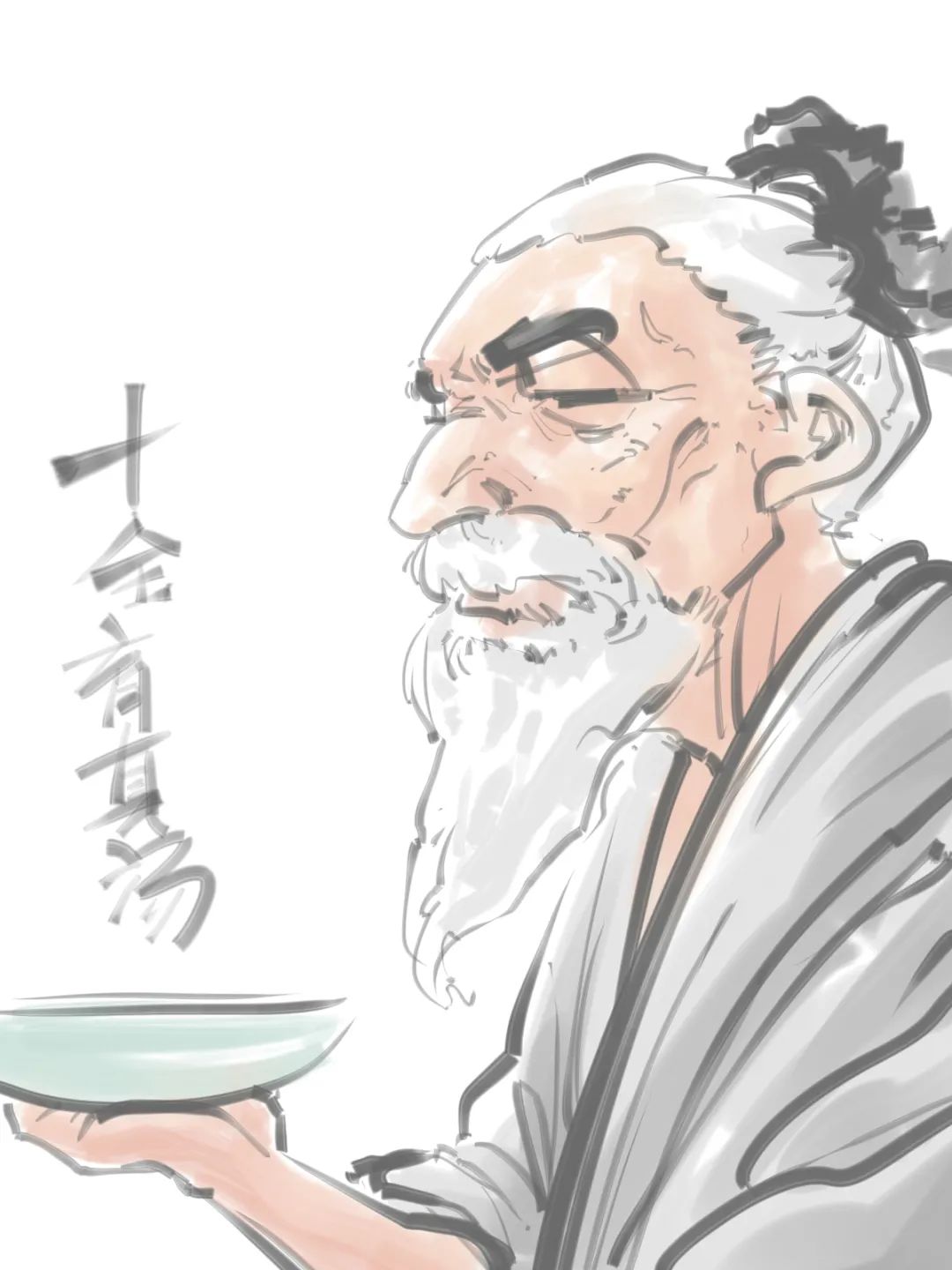
◎ Hand-drawn by an eight-year-old
My dry explanation may not be very clear, so let’s look at a medical case from Zhang Xichun to facilitate understanding.
Medical Case
Once, a disciple of Zhang Xichun had a daughter-in-law who fell ill. What was her illness? She experienced alternating chills and fever, which is not a serious illness, but this person was afraid of taking medicine, so she endured without saying anything. She thought that if she endured for a while, it would get better, but this endurance lasted from the first month to the fourth month, and her condition worsened.
Although she was not bedridden, she was very weak, with a pulse that was thin and rapid. Every afternoon, she experienced chills followed by fever, and occasionally coughed without phlegm. She had to go to the bathroom more than ten times a day, with a persistent dull pain in her chest, and any food she ate caused unbearable bloating. This clearly indicated a significant level of deficiency. Initially, her family gave her some Xiao Yao Decoction, but it had no effect. Just when they were at a loss, Zhang Xichun arrived.
Upon examining the patient, Zhang Xichun immediately knew which formula to use, but he also wanted to test his disciple, asking which formula should be used. In fact, by now, everyone should know that based on the symptoms of alternating chills and fever, diarrhea, and a thin, rapid pulse, the appropriate formula would definitely be Shiquan Yuzhen Decoction.
Everyone guessed correctly, but the disciple added Zisheng Decoction, combining the two formulas into one. After four doses, the results were significant, and after eight doses, the patient was completely cured.
This medical case closely aligns with the content we just discussed, but don’t rigidly apply it. For example, don’t think, ‘I don’t have alternating chills and fever, so I can’t use this formula.’ I believe that those who are particularly exhausted from work, with insufficient upright Qi and obvious deficiency symptoms, always feeling weak, and having a particularly rapid pulse, can consider using Shiquan Yuzhen Decoction.
If you feel particularly deficient, then do not use San Leng and E Zhu; instead, replace them with 9g of Sheng Ji Nei Jin (Chicken Gizzard Membrane). This is because Sheng Ji Nei Jin invigorates blood and resolves stasis, and is milder than San Leng and E Zhu. If sweating is excessive, you can replace Huang Qi with Bai Zhu, and then double the amounts of Long Gu and Mu Li, adding some Shan Yu Rou (Chinese Wolfberry Fruit) and Sheng Bai Shao (White Peony Root).
That concludes this article. If you have any related questions, feel free to leave a comment.
— THE END —
Related Articles Review
☀Is a bitter mouth a sign of heat?Not necessarily!
☀Diagnosed with tinnitus, what should I do?
For more related articles, please search in the public account.
☀Article Search Guide
❃Article by: Yuan Li
❃Editor: Yuan Li
❃Proofreader: Zi Ye
❃Cover Image: Authorized by Baotu Network
❃All images in the text are credited; please do not use without authorization.




Essay Contest
If you also have a story related to TCM that you must share, you can write it down and submit it to us. Please send your article in Word document format to our email.
Please ensure that the submitted article is original and include your WeChat nickname, name, phone number, address, and other contact information. After screening, we will obtain authorization from the author to publish it in our channel. Once published, we will send you a signed book by Dr. Luo!
Thank you for your positive feedback. We look forward to you sharing your story with us and more people, allowing more individuals to experience the charm of Chinese culture.

Dr. Luo’s official WeChat account has the following four, please scan the QR code to follow. Any others are imitations, please do not be deceived!
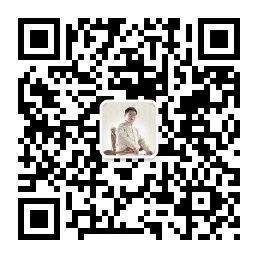
Dr. Luo’s Channel
WeChat ID: luodalunpd
Dalun Academy
WeChat ID: Dalun_sy
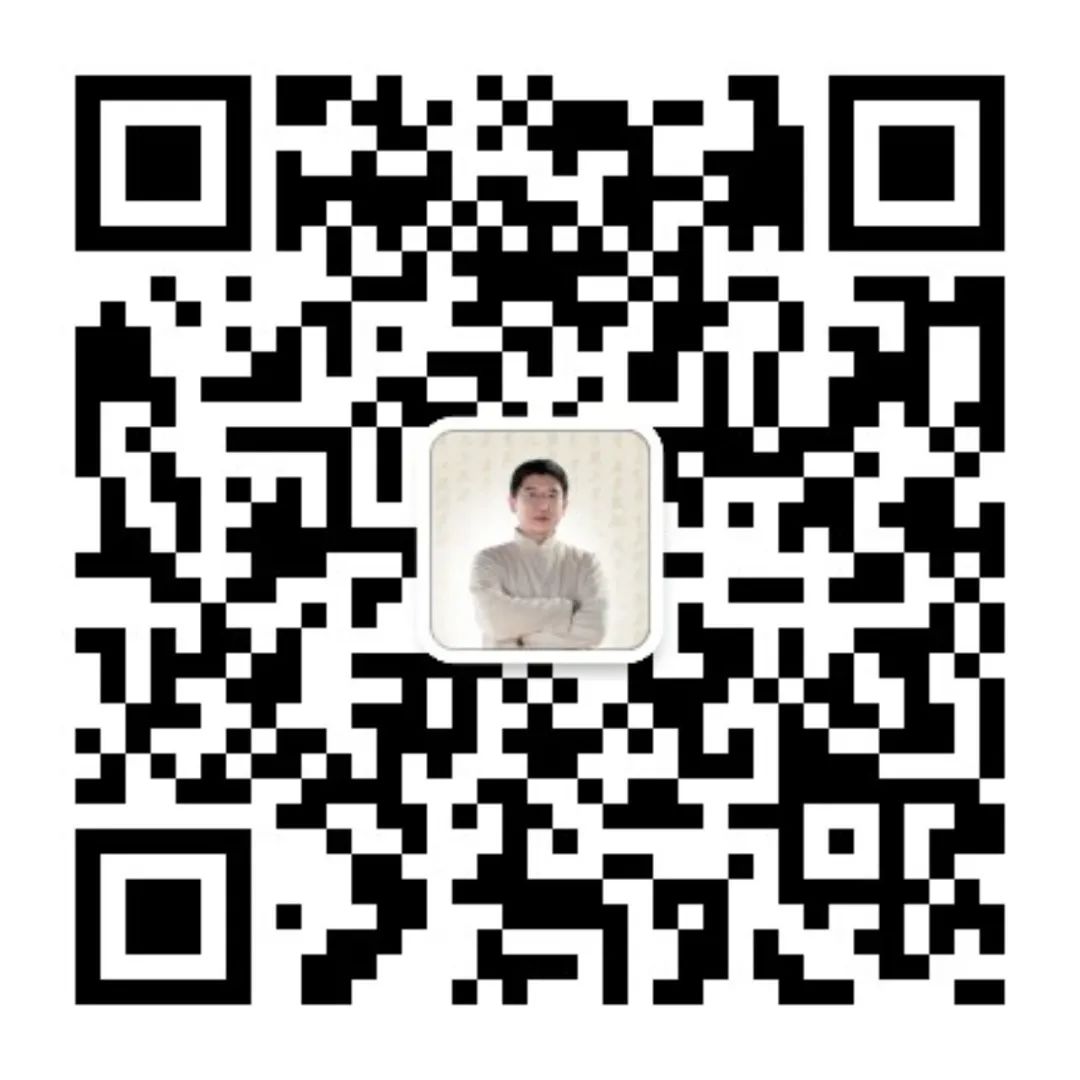
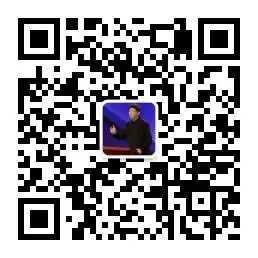
Dalun Parenting Talk
WeChat ID: dalun_yes
Dr. Luo Dalu
WeChat ID: Drluodalun
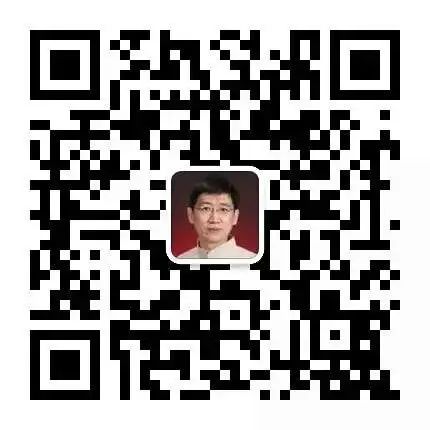
🔹The copyright of original articles in this public account belongs to this account. If you need to reprint, please leave a message to the editor and indicate the source. Commercial use is prohibited.
🔹The articles reprinted by this public account are for learning and communication purposes only and fall within the scope of fair use. If there are errors in the attribution of image sources, data sources, or text copyright sources, please inform the editor, and the editor will immediately correct or delete them.
🔹This public account holds the portrait rights of Dr. Luo Dalu. Any unauthorized use will be pursued legally.
🔹This public account is legally supported by Beijing Zhongzhe (Shenyang) Law Firm. This account will pursue legal responsibility for any unauthorized reprints, commercial use, and refusal to delete posts after warnings.

